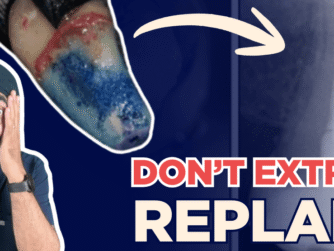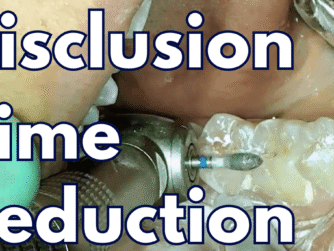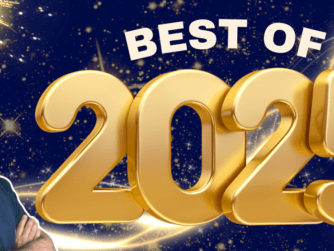Podcast: Play in new window | Download (Duration: 38:43 — 55.6MB)
Subscribe: RSS
I am joined in this episode of Protrusive Dental Podcast by the likes of Harjot Bansal, Mahul Patel, Dhru Shah, Catherine Tannahill, Lourens Bester, Kiran Juj and Sunny Luthra.
Yes, that’s an awful lot of guests!
It HAD to be done to help answer such a monumental question that crosses every Dentists’ mind: Should you specialise?
My main guest, Harjot Bansal, is studying his MClinDent in Prosthodontics at The Eastman (London). He is always happy to help and his instagram is @harjsb
Protrusive Dental Pearl: Show your human side! This will help calm your patients down and create rapport.
Here is the photo, as discussed in the podcast, I have in my surgery which has been eye-opening:

Here is what we discuss in this episode:
- Why specialise?
- The true cost of specialising – think loss of earnings!
- Financial planning for specialising
- How to know which speciality is right for you? Endodontics? Perio? Prostho? Ortho?
- Can you be fulfilled and skilled as a General Dentist?
- Is it right for you?
A massive thank you to all my guests on the show!
Music credits:
Life by KV https://soundcloud.com/kvmusicprod Creative Commons — Attribution 4.0 International — CC BY 4.0 https://creativecommons.org/licenses/by/4.0/ Music promoted by Audio Library https://youtu.be/jH8ryRw1cWg
Bedtime Stories by mezhdunami. https://soundcloud.com/mezhdunami Creative Commons — Attribution 3.0 Unported — CC BY 3.0 https://creativecommons.org/licenses/by/3.0/ Music promoted by Audio Library https://youtu.be/WCYCRged0r0
Escape by Declan DP Music https://soundcloud.com/declandp Licensing Agreement 1.0 (READ) http://bit.ly/DeclanDP_MLA1 Music promoted by Audio Library https://youtu.be/PiQK_KYirio








[…] If you liked this episode, you might also enjoy the episode, Should you specialise? […]